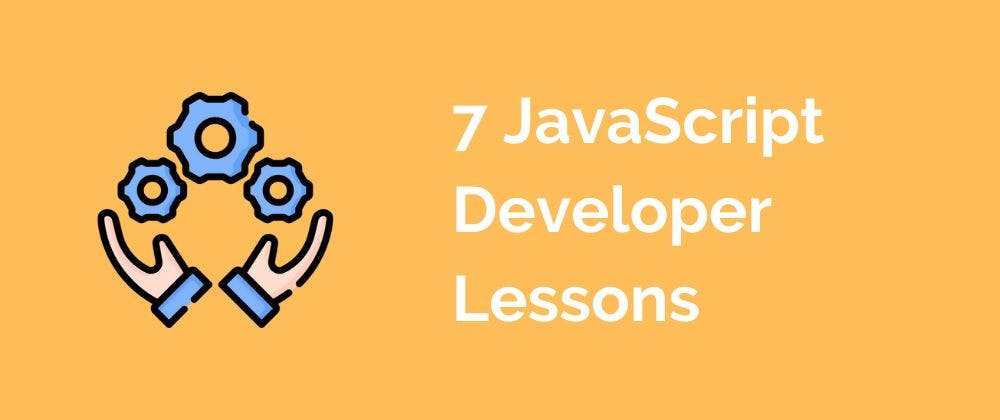757 reads
7 Tips For Becoming A Better JavaScript Developer
by
January 31st, 2021

Software/Hardware Engineer | International tech speaker | Random inventor and slightly mad scientist
About Author
Software/Hardware Engineer | International tech speaker | Random inventor and slightly mad scientist
